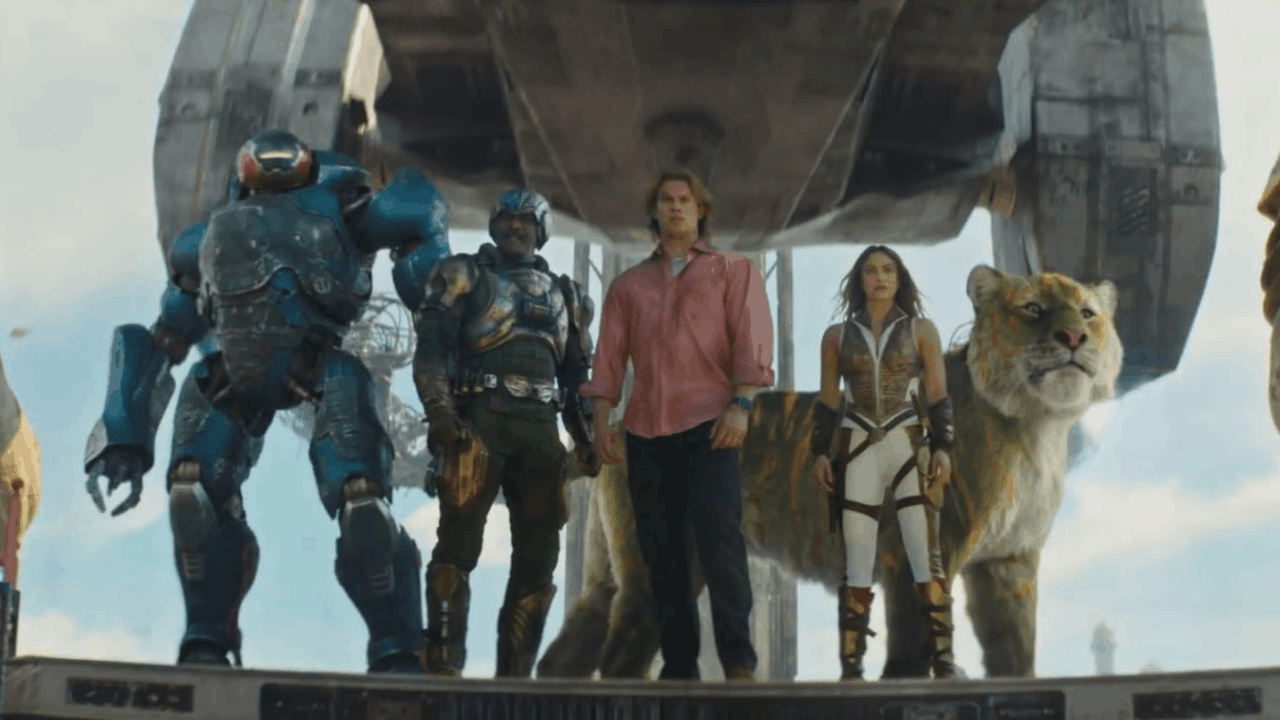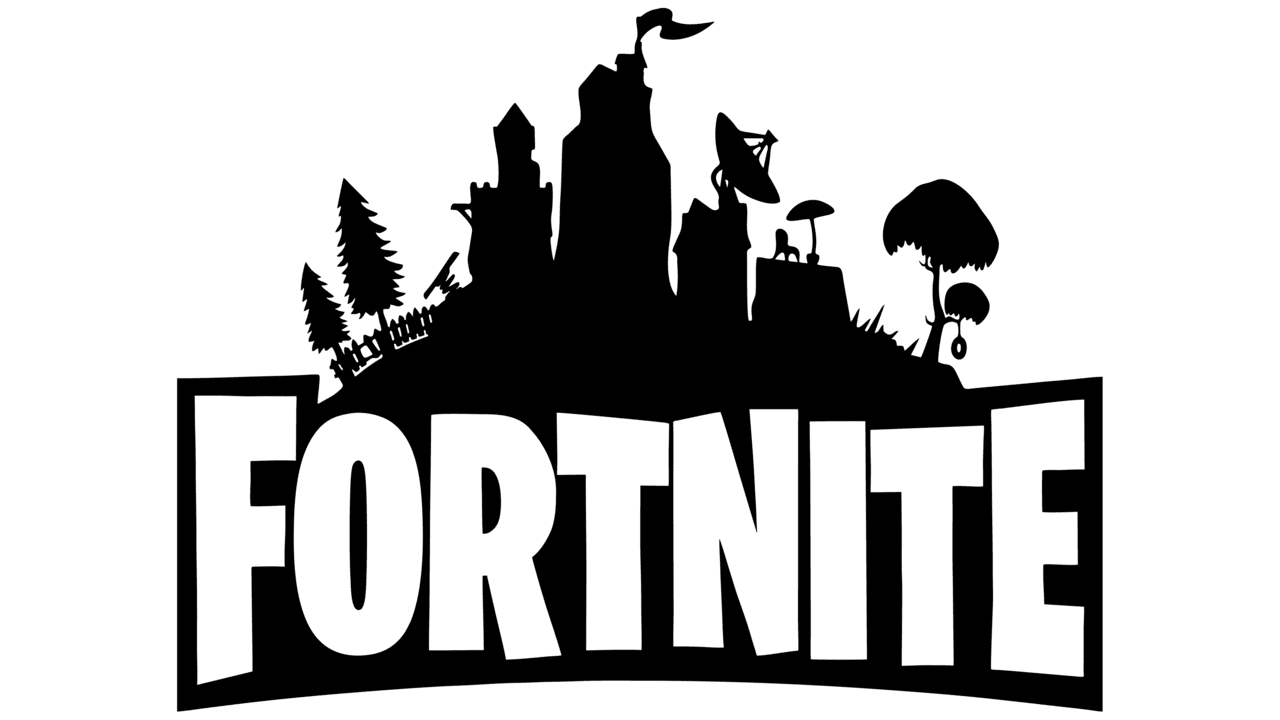What Does The Future Of Copyright Look Like With AI Art? No One Really Knows
Image Source: Michigan Daily
On the one hand, some are siding with AI art and its creators, arguing that it doesn’t affect copyright laws. On the other hand, though, lawyers and artists are gearing up for a fight. The argument is that these digital art pieces are copying their work and taking away money and opportunities from them.
RELATED:
First, it is necessary to understand that AI art is not created from thin air. Engineers and developers feed the AI content (text, code, images, and audio, for example), and the AI learns from it. It takes a while, but it comes up with content that closely mimics the style it was presented. This is a big problem. If someone only shows the AI Van Gogh, it will generate art within the painter’s style. The bigger the quantity and more diverse the content people feed the AI, the more it will understand for future reference. This clearly can frustrate artists a lot.
Legally, there are currently no laws that can back up either the AI or the artists it is - supposedly - stealing from. Regarding this matter specifically, the legislative and judiciary branches of the American government have yet to create or judge a path to follow to avoid further problems. Some people use what is called the “fair use doctrine.” It is, according to the U.S. Copyright Office, “a legal doctrine that promotes freedom of expression by permitting the unlicensed use of copyright-protected works in certain circumstances.” According to the website, these circumstances are purpose and character of use, nature of the copyrighted work, amount and substantiality of the portion used concerning the original work, and the effect of the use upon the potential market.
Image Source: Only Sky
The Verge highlights the opinion of Daniel Gervais, a professor at the Vanderbilt Law School. According to his argument, a person can train the AI with content taken from the internet, but generating new content from it could be considered breaking the law. A comparison that the professor makes is that a person can print fake money and keep it somewhere but can not use it to buy a car, for example. Another point in the article is regarding previous problems with piracy, which relates to this case. In the 2000s, music piracy was in its heyday, and several programs monetized from it. Spotify and the music streaming industry are good models of these changes and adaptations.
Overall, a lot has to change yet. AI-generated art has a long way to go within the law and the artists’ space. It will likely have to alter how it distributes content on the internet. Copying a specific style may not lead to a strong lawsuit currently, but the future holds many possibilities and problems for this sector.
READ NEXT:
Source(s): The Verge ; U.S. Copyright Office












